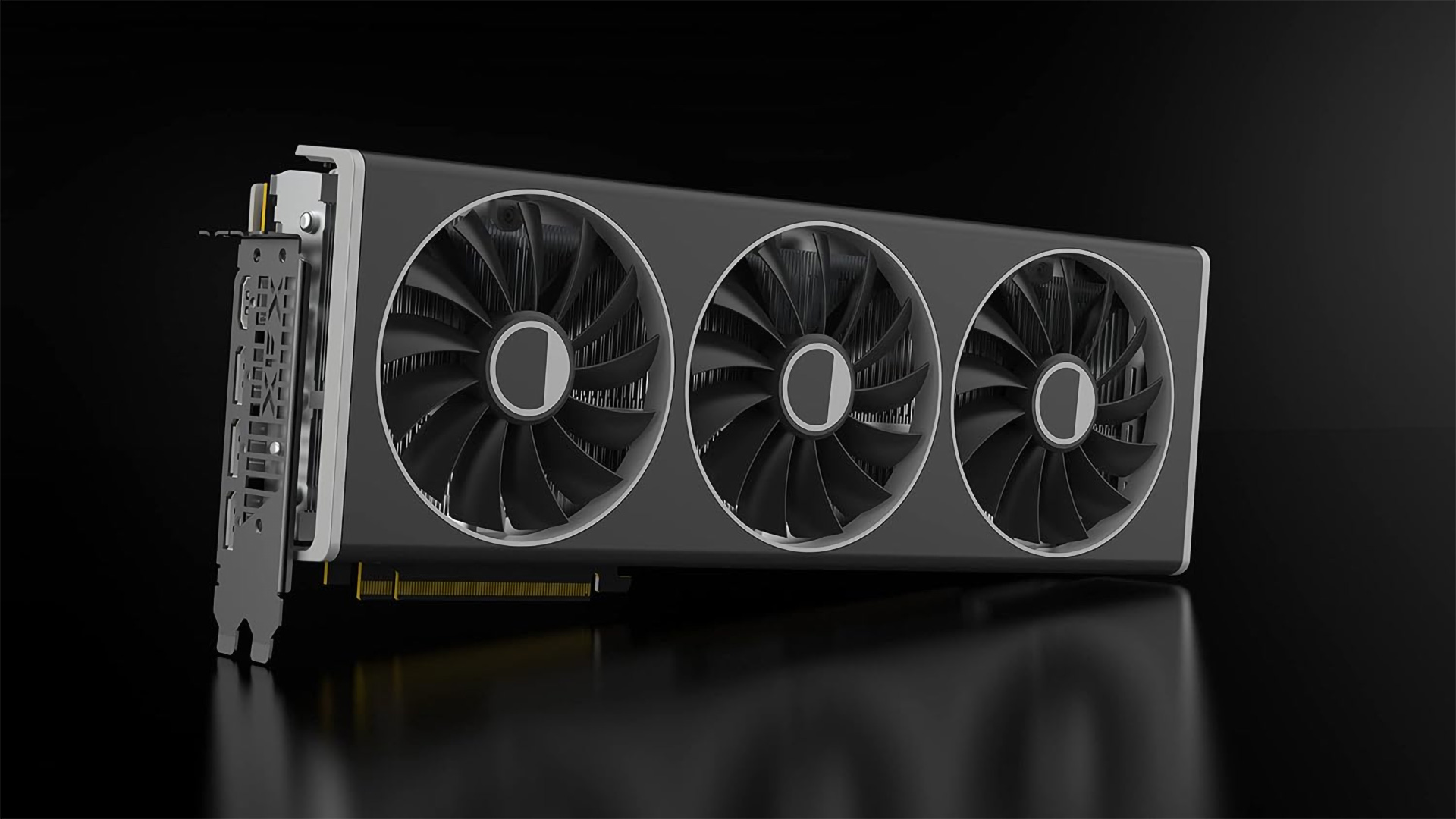
It's Prime Day 2024 (again), and we've checked pricing on all the best graphics cards — including models that don't actually make that list — to see where things stand. Nvidia's RTX 40-series and AMD's RX 7000-series GPUs represent the current-gen offerings, though both are set to be replaced in the coming months. That's evidenced by the numerous Blackwell RTX 50-series rumors, not to mention Nvidia CEO Jensen giving the CES Keynote in January. There have also been reports that RTX 4090 supplies are dwindling, paving the way for the future king of the hill, the RTX 5090. Which brings us to the Prime Day GPU landscape.
We've collected all the current "Deals" — GPUs that at least cost less than they did last month — and ordered them according to value. The performance data comes from our GPU benchmark hierarchy, where we've tested 86 graphics cards from the past decade.
Intel's Arc A750 matches its lowest price ever at $180. That's pretty much the only Intel GPU worth considering right now, unless you really want a low-end card with AV1 encoding support (the A380).
Nvidia's RTX 4060 and RTX 4070 class GPUs have seen slight price cuts for Prime Day. These aren't necessarily the lowest ever prices we've seen for the various GPUs, but they're all down at least $10 and up to $30 compared to a few weeks ago. It makes sense, as these budget to midrange cards target gamers who prioritize value over raw performance. Plus, expectations are that Nvidia will launch Blackwell GPUs at the very top of the pricing spectrum first, while the mainstream and budget models won't come until later in 2025.
Nvidia's higher-end RTX 4080 and 4090 class GPUs on the other hand saw prices either remain steady or even increase, so we've omitted them from the above table. It's unlikely that strong demand would be driving prices up at this stage, and the reasonable assumption is that supplies are drying up as Nvidia and its partners gear up for the 50-series reveal early next year. Nvidia traditionally does a good job of clearing out the old to make way for the new so that we rarely see massive discounts on previous generation hardware.
AMD's RX 7000-series, on the other hand, currently has some of the lowest prices we've ever seen for the GPUs. Discounts range from around $10 on the low-end RX 7600 to as much as $40 (or more) on the top-tier offerings. Demand for the RDNA 3 series hasn't been particularly high, and the latest GPU market figures indicate that AMD only accounts for 12% of dedicated add-in cards, leaving the remaining 88% to Nvidia — with Intel Arc GPUs now accounting for a 0%, after rounding.
The RX 7900 XTX, RX 7900 XT, RX 7800 XT and RX 7700 XT are currently being sold at all-time low prices, reflecting aggressive market positioning by AMD. The sales could simply be an effort to undercut Nvidia's offerings, but there are plenty of AMD RDNA 4 rumors floating around as well. We don't expect to see new RX 8000-series (or will it be 9000-series to match the CPUs?) this year, but early 2025 would put them in direct competition with Nvidia, and discounts like this are a good way to reduce existing inventories. Especially for those who care more for rasterization and aren't worried about ray tracing performance — and let's be real, the number of games where ray tracing both looks amazing and runs well without a $1,000+ RTX GPU are rare — AMD's cards definitely deserve a look.
Overall, the graphics card market remains in a bit of a lull. We haven't had anything new release since earlier this year, and even most of those parts were refreshes of existing products. If you're building a new gaming PC or are in need of a replacement part, there are good deals to be had right now. AMD, Intel, and Nvidia are all gearing up for new products in 2025, and in the interim we should see some enticing sales — and it's not like anyone expects the RTX 5090 and 5080 to be affordable. But the biggest sales are likely yet to come, with Black Friday and Cyber Monday season only a bit more than a month away...







